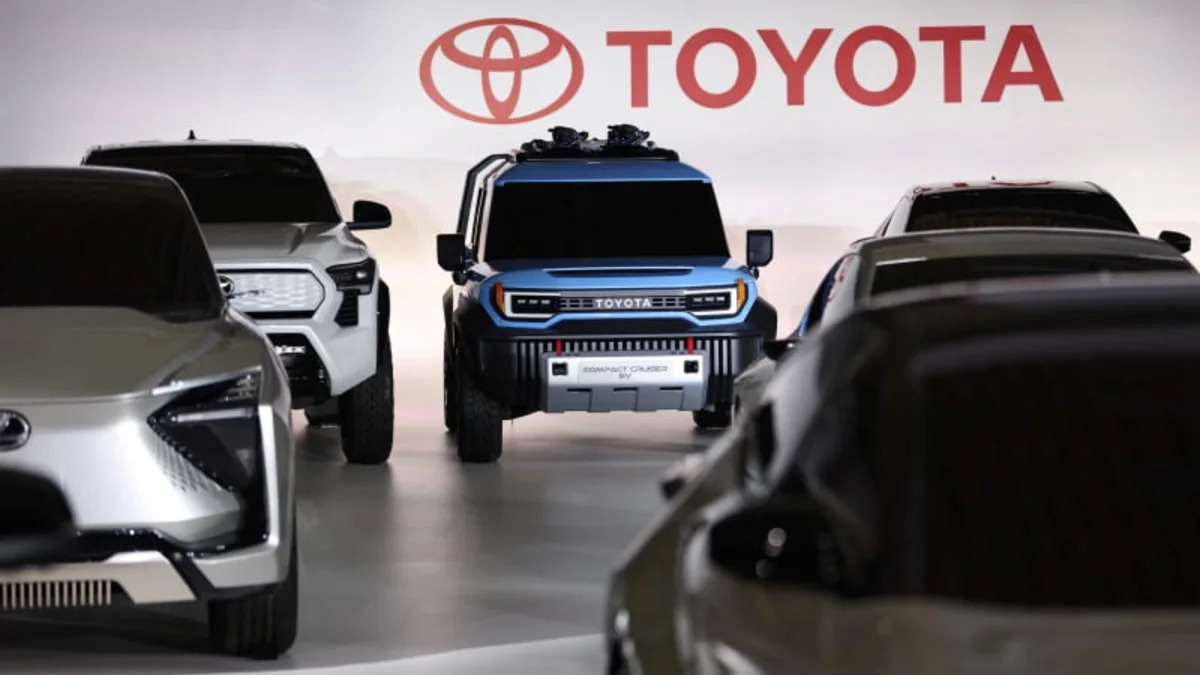GANDHINAGAR, India — Japan's Toyota Motor will in a couple of years globally launch vehicles with solid-state batteries that charge faster and last longer, an executive said on Thursday at an investment summit in India.
Solid-state batteries promise to dramatically improve the driving range of electric vehicles (EVs), a key element of a strategic pivot Toyota unveiled in June to make up ground lost to Tesla and Chinese rivals, such as BYD, in the EV race.
Last year, Toyota and oil refiner Idemitsu Kosan said they would tie up to develop and mass produce all-solid-state batteries, which they aim to commercialize in 2027 and 2028, followed by full-scale mass production.
"We will be rolling out our electric vehicles with solid state batteries in a couple of years from now," said Vikram Gulati, the India head of Toyota Kirloskar Motor. It "will be a vehicle which will be charging in 10 minutes, giving a range of 1,200 kms (750 miles) and life expectancy will be very good".
Gulati was speaking at the Vibrant Gujarat Global Summit where one focus of the Indian government is attracting more investments to scale up EV manufacturing capacity in the world's third largest auto market.
At the start of the summit on Wednesday, Japan's Suzuki Motor said its Indian subsidiary and Toyota partner Maruti Suzuki would export the group's first battery EV to Japan and Europe — marking the first time for Maruti to export to its parent company's home country.
Electric models made up around 2% of India's car sales last year, but the government is targeting 30% by 2030 and India's road transport minister said at the summit he sees annual EV sales in India reaching 10 million vehicles by 2030.
On Toyota's plans for solid-state batteries in India, Gulati said the carmaker had various sustainable technology options that would differ based on the country, market and customer preferences.
"Right now, for India, flex fuel and ethanol can be a no-brainer right away," he added
India's trade department has backed lowering taxes on hybrid vehicles to help the transition to cleaner energy sources, following demands by Japanese carmakers, Reuters has reported.
Gulati said the Indian government should consider a carbon-based tax structure for cars, which would make it technologically agnostic and more equitable.


Sign in to post
Please sign in to leave a comment.
Continue